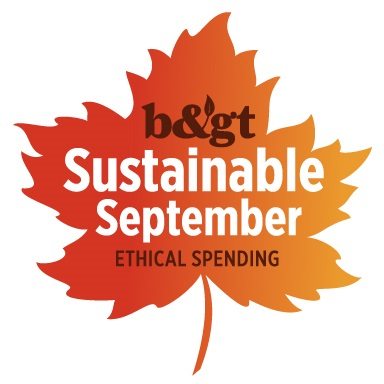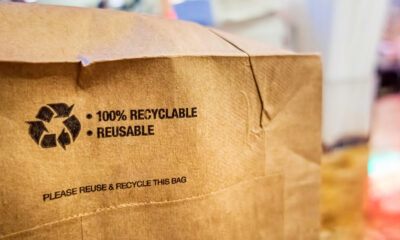

Economy
Sustainable September debate: free trade trumps fair trade – arguments against
Sustainability, in all its forms, will be celebrated at inaugural Sustainable September this year. We want the month to be shaped by you, our readers, so register your interest here before tickets go on general release.
Comprising of four evening debates on topics across Blue & Green Tomorrow’s four pillars of sustainability – travel, spending, energy and investment – and an all-day sustainability conference, it will bring together investors, consumers, businesses, financial institutions, the media, policymakers, philanthropists and sustainability thought leaders.
The first debate event will see four speakers argue the motion, “Growth in tourism is undesirable: it is rarely economically or environmentally ‘good’.” We looked at some of the arguments for and against it earlier this week.
The second, around ethical spending, is, “Free trade trumps fair trade in helping developing economies.” Some of the most popular arguments to support this motion were discussed on Friday.
But there are plenty of people who disagree. In contrast to free trade, which is trade between nations that has little or no influence from governments, fair trade is about paying a fair – and sometimes inflated – price to producers in developing world economies. The idea is to improve lives, working conditions and environmental standards.
The charity Action Aid, which campaigns for fair trade, argues free trade leads to “poverty and inequality“. Meanwhile the Fairtrade Foundation has led the way in empowering farmers by certifying fair products with its Fairtrade mark.
When it comes to helping developing economies, a big argument for fair trade is that such countries are unable to be self-dependent with free trade. They have little financial resources and so cannot compete with developed countries in many areas – and so labour rights, working conditions and fair pay have to be sacrificed.
Under fair trade, producers are paid fairly, working conditions are better and communities are empowered. But it is Benjamin Harrison, the 23rd US president, who summed up the situation most eloquently: “I pity the man who wants a coat so cheap that the man or woman who produces the cloth will starve in the process.”
The Sustainable September debate, which you can register your interest for here, will explore this subject in-depth. But in the meantime, why not tell us what you think on social media? Follow Sustainable September on Twitter (@SustSept), Facebook (facebook.com/sustsept) and through the dedicated LinkedIn group.
Read arguments for the motion.
Further reading:
Introducing: Sustainable September


 Environment12 months ago
Environment12 months agoAre Polymer Banknotes: an Eco-Friendly Trend or a Groundswell?

 Features11 months ago
Features11 months agoEco-Friendly Cryptocurrencies: Sustainable Investment Choices

 Features12 months ago
Features12 months agoEco-Friendly Crypto Traders Must Find the Right Exchange

 Energy11 months ago
Energy11 months agoThe Growing Role of Solar Panels in Ireland’s Energy Future





























